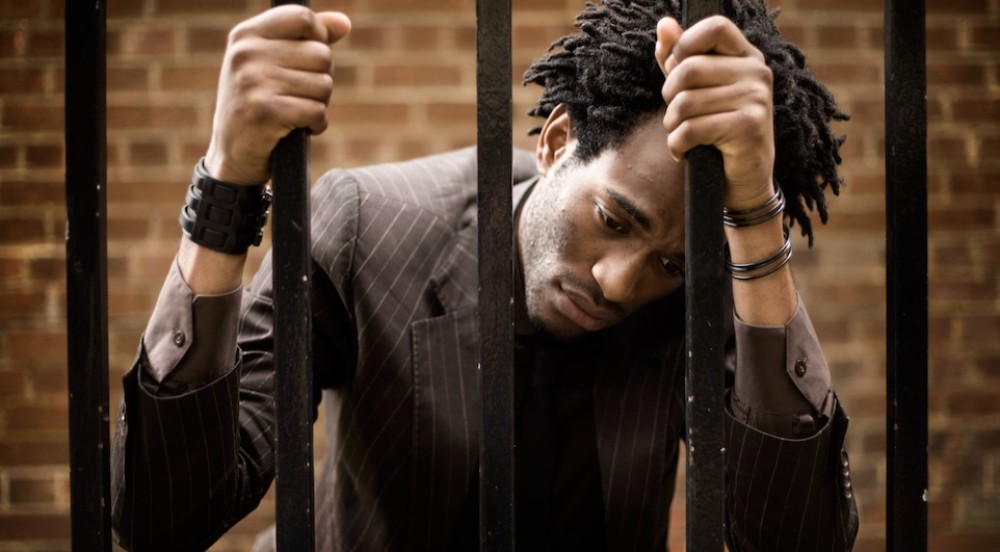In the United States, the incarcerated population has increased by 500 percent in the last 50 years. According to the ACLU, there are 2 million people currently being held in American prisons, outpacing the country’s population growth and crime. While there are various reasons why these numbers remain high, a new report from the Square One Project is taking a look at the role judges are playing in this concerning trend.
"When new federal laws or regulations are created and passed, it comes down to judges to enforce them," says Judge Nancy Gertner, a former United States District Judge for the District of Massachusetts. “Unfortunately, for far too long, judges, even when given the new tools in their arsenal, have been hesitant to enact those changes from the bench. We must find ways to change this dynamic—judges must be willing to make different decisions for real change to occur. Judges and the courts themselves must step up and take full advantage of new reforms, actively involving them in revolutionizing the justice system. By reimagining judging, we can begin to reckon with past harms."
The United States prison industrial complex has been a hot topic for the last several years. Ava DuVernay’s, 13th, shined a bright light on the fact that our nation’s prisons are disproportionately filled with African American bodies. And Time: The Kalief Browder Story, underscored the frivolous reasons why Black men and women are jailed. Many other films, news stories, and specials have laid bare the truth of U.S. prisons. The system has imploded Black communities and done little to reward them justice.
In "Reimagining Judging," Gertner reveals why some judges are resistant to reform and brings forth recommendations for engaging the courts in a larger discussion about unfairness in the criminal justice system and its effects on poor communities and communities of color. Among those recommendations include revamping judicial selection by not limiting it to diversity in race, gender, and sexuality but also diversity in socio-cultural experience. She also believes that judges should be trained in the effects of trauma, exposure to violence, poverty, and lack of access to schools, healthcare, employment, etc. To recognize blind spots, Gertner suggests that judges’ sentencing records should be subject to regular statistical analysis to identify racial bias. She would also like to see them meaningfully engage with the communities in which they serve.
“The habits of mass incarceration die hard, helped by the insularity of the courts, by its composition, and by factors I have only begun to address,” Gertner says in her conclusion. “But these habits are not impenetrable.”













